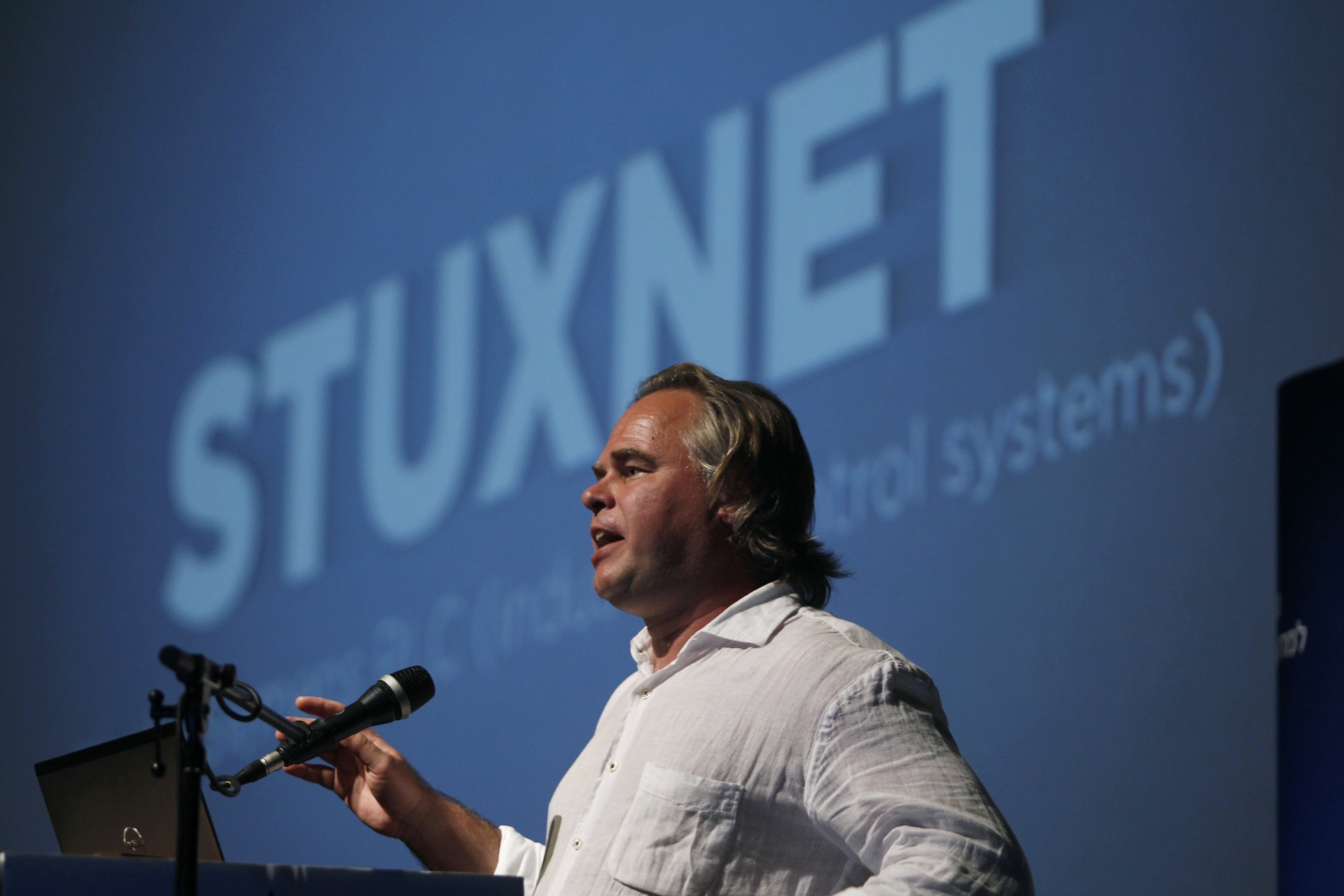Nantoo Banerjee | 8 May 2017 9:40 PM | New Delhi China's development model in the last 25 years has left the world awe-struck and has been a major reference matter in local, regional, as well global economic forums. Few cared to know how the country's biggest province, Xinjiang, or Xinjiang Uyghur Autonomous region as it is officially known, progressed over the years and its contribution to China's phenomenal growth. Xinjiang, accounting for almost 50 per cent of China's total Muslim population of around 2.50 crore, has been China's most communally sensitive province and a hotbed of terrorist activities and religious extremism. Rich in natural resources, economic development in the region has been accompanied by large-scale immigration of Han Chinese. The planned immigration had sizeably reduced the share of the Muslim population as part of Xinjiang's total population. Many Uyghurs complain of discrimination and their marginalisation by the Chinese authorities. Anti-Han and separatist sentiment have become more prevalent since the 1990s, flaring into frequent violence in Xinjiang. Hans built their own civil resistance groups. Not many outside Xinjiang, not even those living in other regions of China, are aware of such incidences of violence and how ruthlessly China's military and security forces handle them. The media is under the total control of the government. Whatever little the world knows about the ethnic trouble involving Uyghurs is what the Chinese authorities officially states. Sharing borders with some six Islamic countries such as Afghanistan, Pakistan, Kazakhstan, Kyrgyzstan, and Tajikistan, it also has borders with predominantly Buddhist Mongolia, secularist Russia, and India. Similarly, few have knowledge about how China has been tackling the Islamic militancy in Xinjiang over the years. Few world human rights and religious groups credibly criticise relentless Chinese action to contain Islamist movements there. For instance, earlier this year, China strictly banned the use of names such as Islam, Quran, Saddam, and Mecca for Muslim children by their parents as well as references to the star and crescent moon symbol. They are unacceptable to the ruling Communist party. Children with those names are denied household registration, a crucial document that grants access to social services, healthcare, and education. The list of such banned Muslim names is not made public. It is unclear exactly what qualifies as a religious name. Earlier, Xinjiang Muslims were upset with China's one-child policy. Reportedly, Chinese troops often demonstrate force and vow to 'relentlessly beat' separatists in Xinjiang. It may not be wrong to assume that China's multi-billion-dollar infrastructure development deal with Pakistan is partly to contain the separatist Islamic elements in Xinjiang operating in connivance with Pakistani Islamist militants. The reference to Xinjiang and the tough Chinese approach to tackling Islamic separatist movement is drawn mainly to compare and capture India's weak-kneed policy towards handling separatists in the geographically small Kashmir Valley, bordering principally Pakistan-occupied Kashmir. J&K's Muslim population is only around 96 lakh as of March 2017. The Indian census of 2011 recorded J&K's Muslim population at 85.67 lakh or about 68.31 per cent of its total population of 125.41 lakh. Hindus numbered 35.66 lakh or 28.43 per cent of the total. If only India did even partly what China did in Xinjiang by migrating Han workers there, the non-Muslim population in Kashmir could have been substantially increased, especially after the partition of India and migration of Hindus and other non-Muslim communities from the west and east Pakistan. In the last century, Israel was created with migrant Jews from Europe, supported by the financially and politically US-backed International Zionist Organisation (IZO). For not entirely explicable reasons, Nehru's India stood firmly against building such religious equation in Kashmir. Today, J&K has 22 districts. Of them,17 have a Muslim majority. Hindus are the majority community only in four districts of the Jammu division. Buddhists are the majority in Leh. The government, had, instead, gone to protect the rights of Kashmiri Muslims over their land constitutionally. Even central public sector enterprises were not allowed to legally acquire land in Kashmir to set up units there which could have changed the total economic picture of Kashmir, providing better employment, better education and decent living to the local people and, also, the process, promote secular values of the country there. Out of India's 29 states and seven Union Territories, only J&K has a Muslim majority. And, its Muslim militant groups, mainly in collusion with Pakistan, are constantly fighting, under local and global media glare, to secede from India. Other religious majorities in other Indian states and territories have no problem to reside with minority population as it is expected in any civilised society. The latest spurt in Pakistan-backed separatist movements in Kashmir is substantially due to the continuing inept attitude of the government, since the Nehru era, to firmly handle the communal violence and separatist organisations and their leaders and build civil resistance groups to fight them, instead of frequently using uniformed security forces. Many expected the BJP-led Central government would show the guts to tame the situation in Kashmir and, if necessary, amend the Constitution to make J&K like any other Indian state. Instead of blaming Pakistan for fomenting violent separatist activities, including surreptitious military action, in Kashmir, India must constitutionally establish its stamp on Kashmir as its part under an integral state policy. In the interim period, the government of India can replicate a lesson or two from China on tackling religious extremism and separatist groups in Kashmir. Any political opposition to such steps will only expose such political parties and groups which are against a lasting peace and unity in the country. If much larger separatist groups and their leaders in Xinjiang can be substantially tamed by Beijing, without making it unpopular locally and among other Muslim countries, including Pakistan, there is no reason to believe that New Delhi's application of the Chinese medicine will not work in Kashmir. (The views are personal.)





